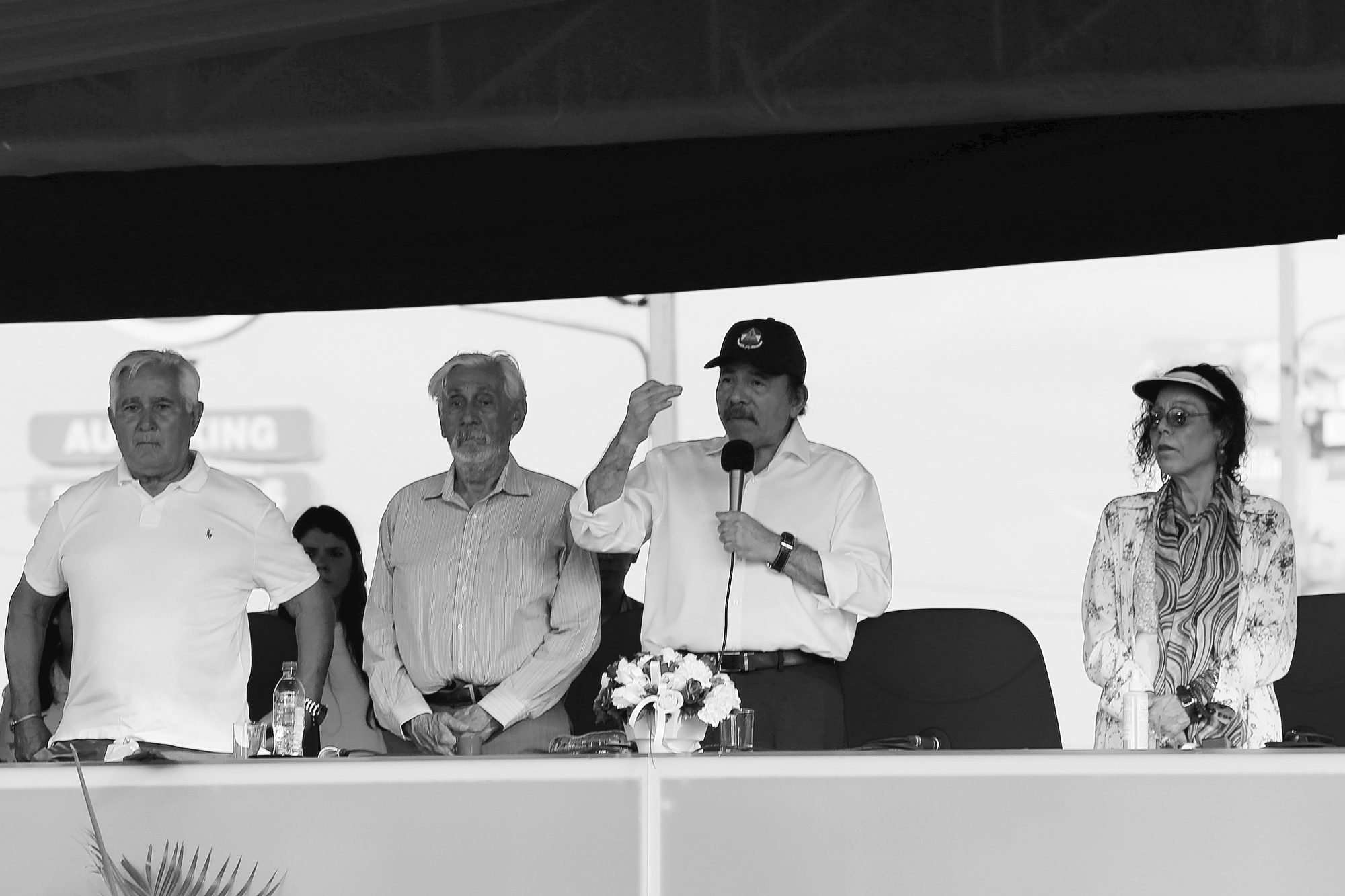German Chancellor Angela Merkel sought Friday to reassure Western Balkan nations aspiring to join the European Union that there is strong support for the process in the EU, saying that the bloc sees their integration to be in its strategic interest.
Merkel, along with British Prime Minister Theresa May and EU foreign policy chief Federica Mogherini, joined a high-level meeting in Poznan, Poland, between leaders from the Western Balkans and from some EU countries that aimed to show that the integration process remains robust, despite an apparent slowdown.
The EU membership candidates are Montenegro, Serbia, North Macedonia and Albania, while Bosnia and Kosovo are potential candidates.
Speaking at a news conference that concluded the meeting, Merkel stressed that it is the EU’s “strategic interest” to integrate Western Balkans, which border the 28-member club on almost all sides.
She especially praised North Macedonia’s “courage” in trying to overcome divisive issues with its neighbors, especially a dispute over its official name with Greece that was resolved this year, thus paving the way for North Macedonia to start EU accession negotiations.
“That was a huge step. We waited for years for this step and we are very relieved,” Merkel said.
“I look optimistically toward the autumn,” when the negotiations could potentially open, she said.
Standing alongside Merkel, the prime ministers of Bulgaria and of North Macedonia, Boyko Borissov and Zoran Zaev, argued that the Western Balkans are part of Europe and are surrounded by EU nations and so rightly belong in the club.
The Western Balkans nations are seeking EU reassurances after some leaders in the 28-member bloc have spoken against further enlargement of the bloc, citing the EU’s own integration issues.
No time frame for their accession has been set, even though individual applications were filed 10 years ago and more.
The latest EU strategy for the region suggests membership for Montenegro and Serbia by 2025, but says that goal is “extremely ambitious.”
There are worries that the EU’s procrastination may leave the region open for Russia, Turkey and China to gain influence.
In a report last month, the Balkans in Europe Policy Advisory Group said the hopefuls may turn to those powers if the EU continues to drag its feet.
“Russia has used a variety of instruments to exercise — often pernicious — influence in the region,” it said.
It noted that Russia has exploited cultural and religious links with Serbia, the Serb entity in Bosnia and Herzegovina, with Montenegro and North Macedonia.
Turkey is also said to be enhancing cultural, religious and educational links with the Muslim populations in the region, while China is pursuing economic and technical cooperation throughout Western Balkans, bar Kosovo, whose independence it refuses to acknowledge.
Poland hosted the event as it currently presides over the so-called Berlin Process that brings Western Balkan nations together with EU members.q



















